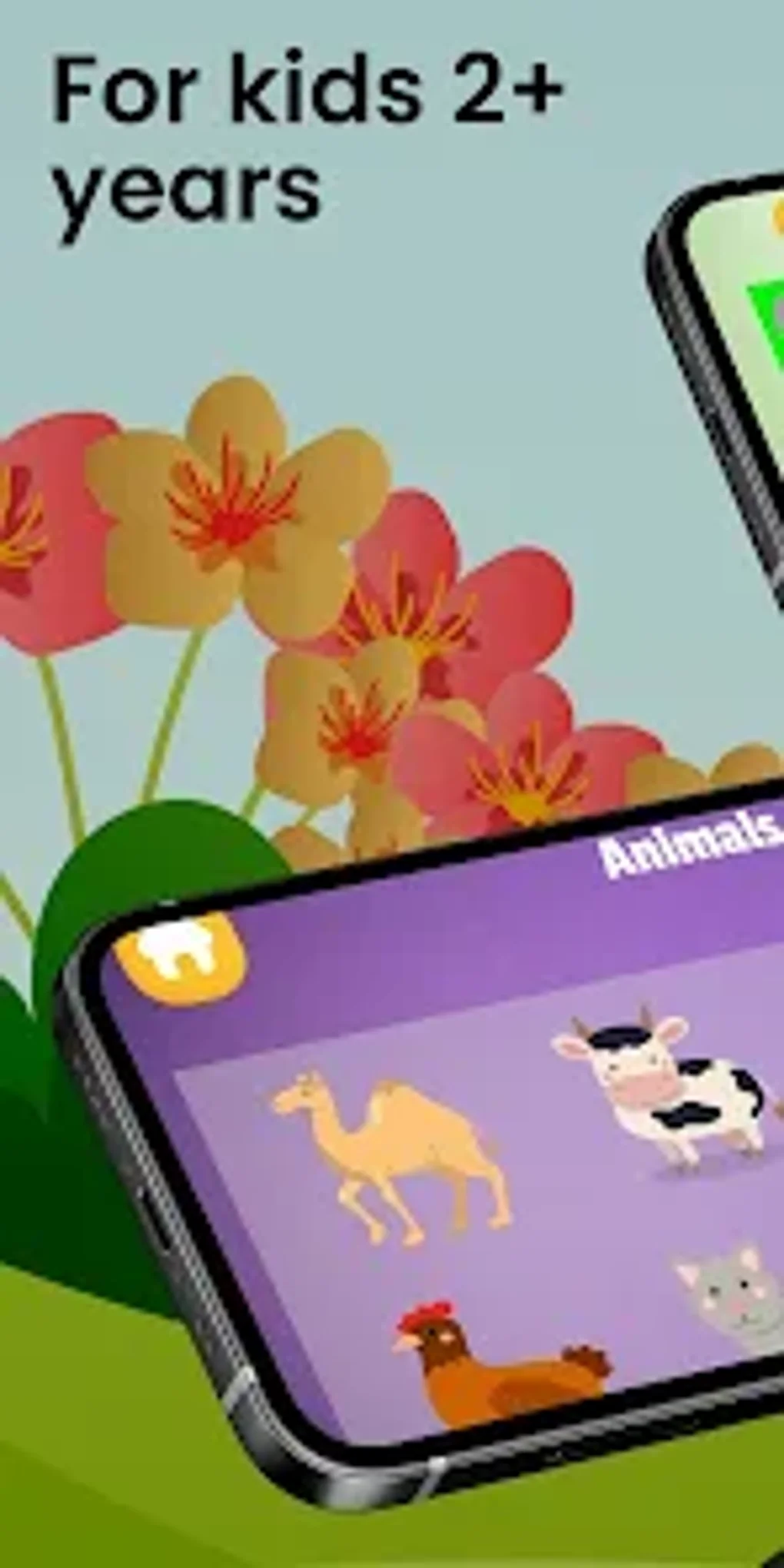Can a simple messaging platform like Telegram truly become a hub for cultural expression and community building? Telegram's role in Somali digital culture is both transformative and controversial, offering a space where tradition meets modernity. This platform has emerged as a pivotal tool for sharing content ranging from music to discussions on societal issues. Yet, it also faces scrutiny over its potential misuse by extremist groups or those spreading inappropriate material.
The rise of Telegram within the Somali-speaking world highlights an intriguing paradox. On one hand, it serves as a vibrant arena for artists, creators, and thinkers who wish to share their work with a global audience. Channels dedicated to Somali wasmo (music) have gained significant traction, providing listeners access to diverse genres that celebrate heritage while embracing innovation. However, concerns linger regarding how such platforms might inadvertently facilitate harmful activities if not properly regulated.
| Personal Information | Details |
|---|---|
| Name | Jama Hassan Khalif |
| Position | Minister of Communications, Somalia |
| Date of Birth | Not Publicly Available |
| Nationality | Somali |
| Career Highlights | Lead official responsible for communications policies; instrumental in recent bans targeting certain apps. |
| Professional Affiliation | Government of Somalia |
| Reference Website | Official Government Portal |
Telegram channels specifically labeled under Somali Wasmo often feature curated playlists designed to cater to different tastes. From traditional folk tunes to contemporary beats fused with international influences, these offerings reflect the rich tapestry of Somali musical traditions. One notable example includes Kalakicisoy Somali Wasmo—a channel celebrated for its extensive archive of songs spanning multiple generations. Such initiatives help preserve cultural legacies while simultaneously encouraging new forms of artistic expression.
Beyond entertainment value, Telegram also plays host to intellectual exchanges among Somalis worldwide. Groups centered around topics like politics, education, and entrepreneurship provide valuable spaces for dialogue. Members engage in discussions aimed at addressing pressing challenges faced by communities across regions. By fostering connections between individuals separated by geographical boundaries yet united through shared interests, Telegram bridges gaps created by physical distance.
However, recent developments underscored by governmental actions highlight ongoing tensions surrounding regulation versus freedom of speech online. In August 2023, the Somali government issued directives ordering internet service providers to block access to several popular applications including Telegram itself due to perceived threats posed by terrorist organizations utilizing these platforms. According to Minister Jama Hassan Khalif, this move intends to curb dissemination of 'horrific images' and misinformation propagated primarily via social media channels.
This decision sparked debate about balancing security needs against individual rights within cyberspace. While proponents argue that restricting problematic content aligns with public safety objectives, critics express concern over potential overreach affecting legitimate uses of technology. Furthermore, questions arise concerning effectiveness since determined users may still find alternative means to circumvent restrictions imposed locally.
In addition to Telegram, other platforms like TikTok were similarly affected by the ban citing similar reasons related to indecency and propaganda. President Hassan Sheikh Mohamud emphasized during his announcement of intensified military operations against Al-Shabaab that eliminating digital safe havens used by insurgents constitutes part of broader strategy towards national stability. Despite good intentions behind such measures, they inevitably raise complex ethical dilemmas requiring careful consideration moving forward.
TIDAL represents another interesting case study when examining streaming services catering specifically to high-fidelity audio experiences alongside visually immersive content. Although unrelated directly to regional dynamics involving Somalia, parallels exist regarding consumer preferences driving adoption rates globally. As more people seek premium quality options whether listening to Somali wasmo tracks or watching short-form videos produced locally, demand continues growing exponentially fueling further innovations within digital entertainment sectors.
Ultimately, navigating complexities inherent in managing modern communication tools requires thoughtful approaches balancing competing priorities. For now, debates persist regarding appropriate levels of oversight necessary without stifling creativity or impeding progress altogether. Meanwhile, enthusiasts continue exploring available resources hoping to maintain connectivity vital for sustaining cultural vitality amidst rapidly changing landscapes defined increasingly by virtual interactions rather than face-to-face encounters alone.



